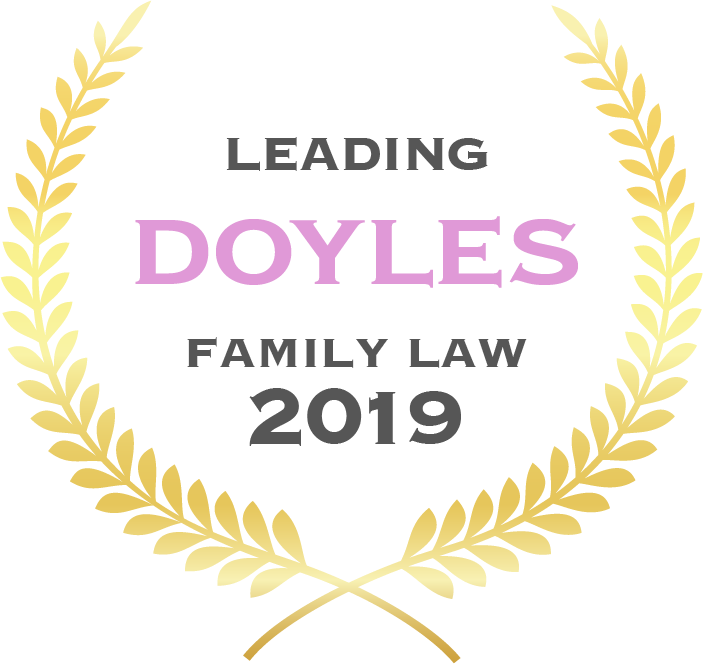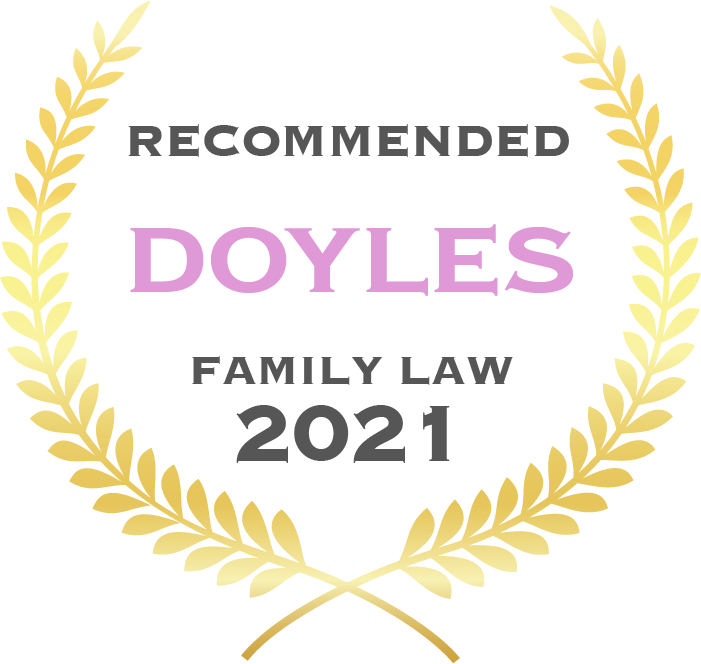Domestic violence is a serious issue. If you have immediate concerns for your safety, you should contact the Queensland Police Service by dialling “000”.
Domestic violence (or Family violence) is the physical (including sexual), emotional and economical abuse by a person (“the respondent”) towards another person (“the aggrieved”) with whom they are in an intimate, family or informal care relationship.
A domestic violence order is a court order made under the Domestic and Family Violence Protection Act 2012 imposing conditions on the person committing the acts of domestic violence, in order to protect the aggrieved person from future violence.
Children or associates of the aggrieved can be named on the order if there is a risk of the respondent committing acts of violence against them as well.
The different types of relationships protected by the provisions of the Domestic and Family Violence Protection Act 2012, are as follows:
- intimate relationship:
- between married couples, including engaged, separated or divorced couples;
- between de facto couples, including separated couples; or
- between co-parent(s) of a child.
- family relationship:
- between two (2) people whom are biological relatives of each other (i.e. cousins, aunts, uncles, adult siblings, parents, adult children); or
- between two (2) people whom are non-biological relatives of each other (i.e. relatives pursuant to a religious or cultural belief).
- informal care relationship between two (2) people, where one (1) person is dependent on the other for help in their daily living activities (i.e. dressing, bathing and preparing meals).
Our experienced Family Law Lawyers can advise whether you have grounds to obtain a protection order and/or represent you in domestic violence proceedings.
Domestic Violence Order
A domestic violence order can be in either of the following forms:
Temporary Protection Order
Whilst an application for a final protection order is awaiting determination by the Court, the aggrieved person may need to be protected by an interim temporary protection order.
A temporary protection order is a short term order imposing conditions on the person committing the acts of domestic violence, in order to protect the aggrieved person from future violence, pending final decision is made by the Court.
A temporary protection order may be made on an urgent basis and in the absence of the respondent. Often this order can be made before that person even becomes aware that an application has been filed at the Court.
Other conditions may also be imposed in the temporary protection order (i.e. requiring the respondent to remain a certain distance from any person named on the order or their respective workplaces/educational facilities and/or restraining them from contacting any person named on the order).
Final Protection Order
A final protection order is a long term order lasting up to two (2) years requiring that the respondent not commit a further act of domestic violence against, and be of good behaviour towards, any person named in the order.
Other conditions may also be imposed in the protection order (i.e. requiring the respondent to remain a certain distance from any person named on the order or their respective workplaces/educational facilities and/or restraining them from contacting any person named on the order).
After the application is submitted (and if required a temporary protection order is made), a copy of the application (and if relevant a copy of the temporary protection order will be given to the respondent, stating a date and time for mention of the matter.
The respondent can either agree or oppose the application for a protection order. If the respondent disagrees, directions for the filing of material will be made and another court date will be set down for a final hearing of the matter.
If you believe you are a victim of domestic violence you should immediately contact one of our specialist team members to assist in applying for a protection order.
Our team of experienced Family Law Lawyers can assist you with all aspects of the application process and provide representation at Court.
Responding to an Application for a Protection Order
If you have been named as a respondent to an application for a protection order, it is important to attend Court on the date the matter has been listed. Failure to do so may result in a domestic violence order being made in your absence.
If you agree to the terms of the domestic violence order being sought, you can advise the Court on the day that you are satisfied with the proposed terms and agree to the order being made.
If you do not agree, you can oppose the Application. Thereafter, the matter will be set down for a final hearing and the matter determined by a Magistrate.
If you have been named on an application for a protection order we recommend you seek immediate legal advice. The consequence of a family violence order can be far reaching and may significantly impact upon any future parenting or financial matters that arise as a result of the breakdown of your relationship.
Additionally, any further direct communication with the aggrieved may be fraught with danger and result in you breaching the terms of the protection order, which is a criminal offence.
The team at Marino Law have expertise in successfully litigating domestic violence matters and dealing with the aggrieved on a client’s behalf.

Marius Eden, Special Counsel is an Accredited Specialist in Family Law. Specialist Accreditation acknowledges an additional course of study and the achievement of a high level of practical skill and knowledge in the area of expertise.








